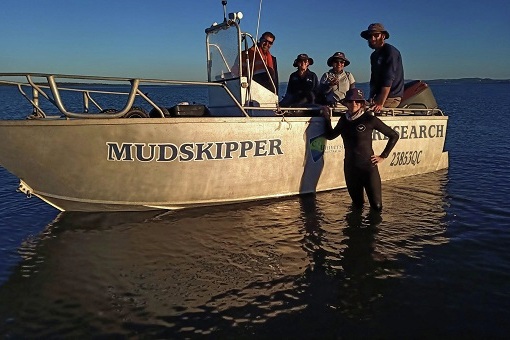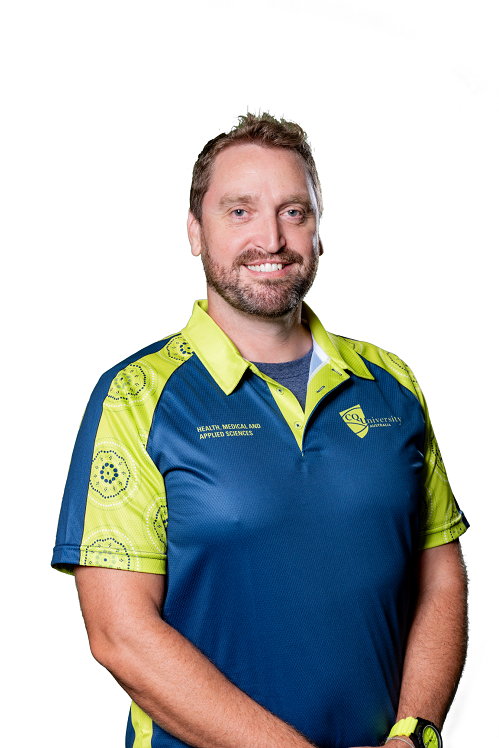Future-proofing the Aquaculture Industry

Description
With 1430-2340 new employees required in the next 10 years, the aquaculture industry has an increasing need for staff at various levels of vocational skill and education, often with specific combinations of both. CQU is partnering on a project led by James Cook University to directly addresses recommendations of the North Australian aquaculture industry situational analysis, to ‘build skills to meet industry growth needs', and indirectly the first recommendation ‘, bolstering biosecurity'.
The project encompasses engagement with education and training providers, attracting staff to aquaculture from the high school level, communicating career pathways, improving training delivery models, and upskilling current workers (in the priority area of biosecurity awareness and preparedness). The immediate and short-term benefits of the project will be increased biosecurity awareness, and response to disease, more refined training and education approaches for aquaculture and increased awareness of career prospects to attract new people to the sector. In turn, this will put mechanisms in place to critically improve the chance of achieving the long-term outcome of a future-ready workforce that meets industry demand.
Impact
The immediate and short-term benefits of the project will be increased biosecurity awareness, and disease responsiveness, more refined training and education approaches for aquaculture and increased awareness of career prospects to attract new people to the sector. In turn, this will put mechanisms in place to critically improve the chance of achieving the long-term outcome of a future-ready workforce that meets industry demand.
The project will include comprehensive communication with stakeholders and the timely sharing of all outputs. Project participants and stakeholders will directly use the research outputs to inform cost-effective training and education approaches, recruit new students into aquaculture career pathways and implement training on-farm to enhance productivity and GDP.
The project is expected to provide value to the Northern Australian aquaculture industry across several areas:
- Provide educational providers with documentation of the skills sets required of their graduates to shape course outcomes
- Provide data on the capacity requirements of education providers into the future to guide the course size needed to meet the expansion ambitions of the industry
- Provide evidence and pathways to meaningful careers for students entering the latter stages of secondary education
- All of the above results in workforce education that more closely matches industry demand for qualified personnel
- The project outputs are further expected to form the basis of strategic planning processes for education providers since they will provide evidence for future needs and directions for growth.
Partners

Associate Professor Andrew Irving - Project Lead
Associate Professor Andrew Irving joined CQUniversity in 2013 as a senior lecturer specialising in marine and environmental ecology, evolution, experimental design, and statistical analysis.
SDG Goals
At CQUniversity we are committed to embedding sustainable practice in our operations, interactions and relationships, underpinned by the United Nations Sustainable Development Goals. Sustainability is one of our strategic pillars within our Strategic Plan 2019-2023.
This project aligns with the following SDG Goals:
- 4 – Quality education
- 9 – Industry, Innovation and infrastructure
- 14 – Life below water
- 15 – Life on land
- 17 – Partnerships to achieve the Goal
